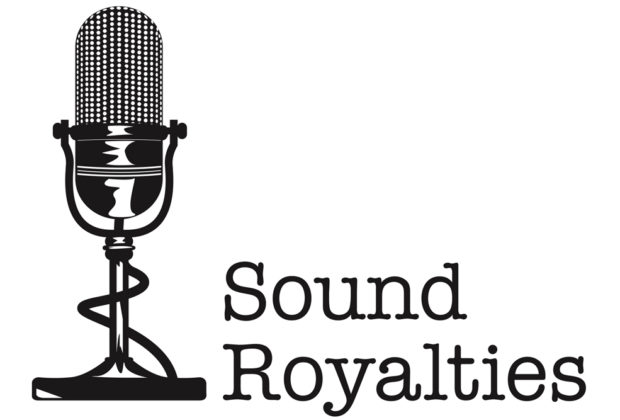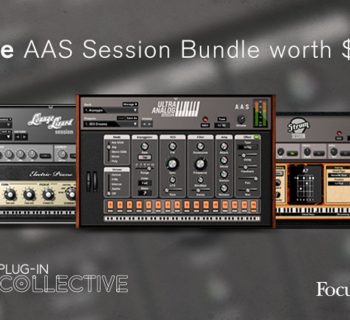Often a major label will enter into a contract with a production company (“Company”) for the services of a recording artist. The company will then engage music producers directly. Here are some of the important provisions of such an agreement:
ENGAGEMENT: This provision specifies that the company will engage the producer to produce one or more masters embodying the Artist’s recorded performances and it will identify the names of the compositions. It will also specify that the producer will render all services “Customarily rendered by first class record producers within the United States phonograph recording industry.”
TERM: The Term refers to the length of time of the agreement. It can provide that the term commences upon the signing of the agreement and ends when final mixed versions of the masters are delivered and accepted by company.
CONTROL/DELIVERY: Cover such things as the producer rendering his or her services at such times and places as determined by company, after consulting with the producer.
RECORDING COSTS: This will cover what are considered recording costs, in detail.
ADVANCES: This is money given to a producer up front. It is an advance against producer royalties. It is non-refundable and sometimes it is paid one-half at the commencement of the producer’s services and one-half upon delivery and acceptance by company.
ROYALTIES: Producer royalties are usually three percent of net record sales. However, for a superstar producer it could be four percent.
SAMPLES: The producer agreement will have a detailed provision regarding samples. Among other things, it will state that the producer shall obtain and deliver for company and distributor’s approval, any samples.
NAME AND LIKENESS/CREDIT: This paragraph will state that the company and its distributor shall have the right to use the producer’s name and likeness in connection with the masters and advertising. It will also state the credit the producer will receive on records, ads, etc.
CONTROLLED COMPOSITIONS: This covers the situation where a composition written, owned or controlled by the producer is embodied in a Master (“Controlled Composition”). It often provides that the producer licenses the controlled composition to company at 75% of the minimum statutory rate on the date of delivery with an album maximum of 10 times 75% of the minimum statutory rate.
EXCLUSIVITY: The producer shall not re-record, produce, perform, engineer or remix the recording of a performance of any composition embodied in the master for a certain period of time, typically three years following initial commercial release.
WARRANTIES AND INDEMNIFICATION: The producer and company will make certain joint representations, such as that they have the right and power to enter into and perform the agreement, the consent of anyone else is not required, and that no material supplied by the producer will violate any law or infringe upon or violate the rights of any person. It will also provide that the producer will indemnify the company for any loss or damages arising from his or her breach of any warranty made in the agreement.
SUSPENSION/TERMINATION: Specifies under what circumstances the company may elect to suspend or terminate the agreement. For instance, if the producer refuses, neglects or is unable to comply with the obligations of the agreement.
GLENN LITWAK is a veteran entertainment attorney based in Santa Monica, CA. He has represented platinum-selling recording artists, Grammy-winning music producers, hit songwriters, management and production companies, music publishers and independent record labels. Glenn is also a frequent speaker at music industry conferences around the country, such as South by Southwest and the Billboard Music in Film and TV Conference. Email Litwak at [email protected] or visit glennlitwak.com.
This article is a very brief overview of the subject matter and does not constitute legal advice.














